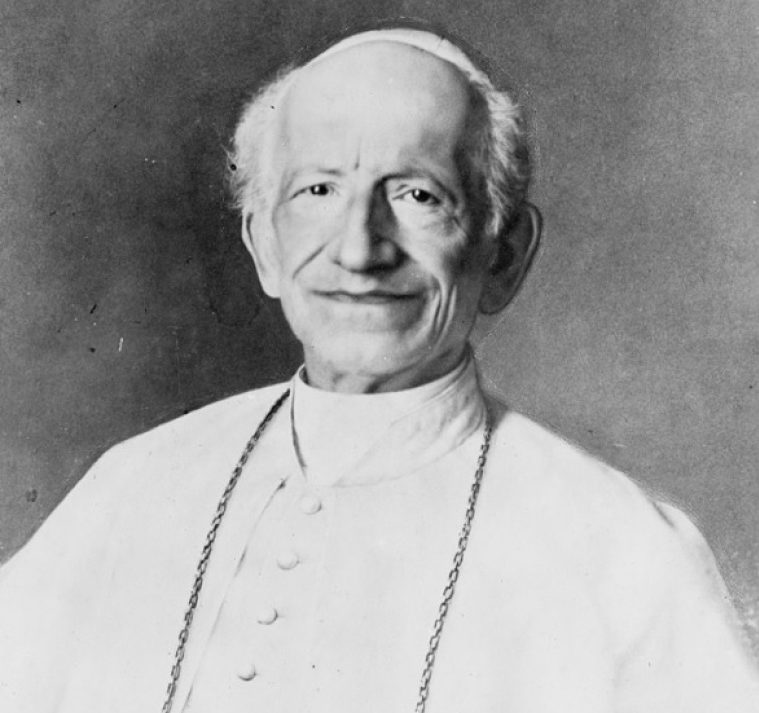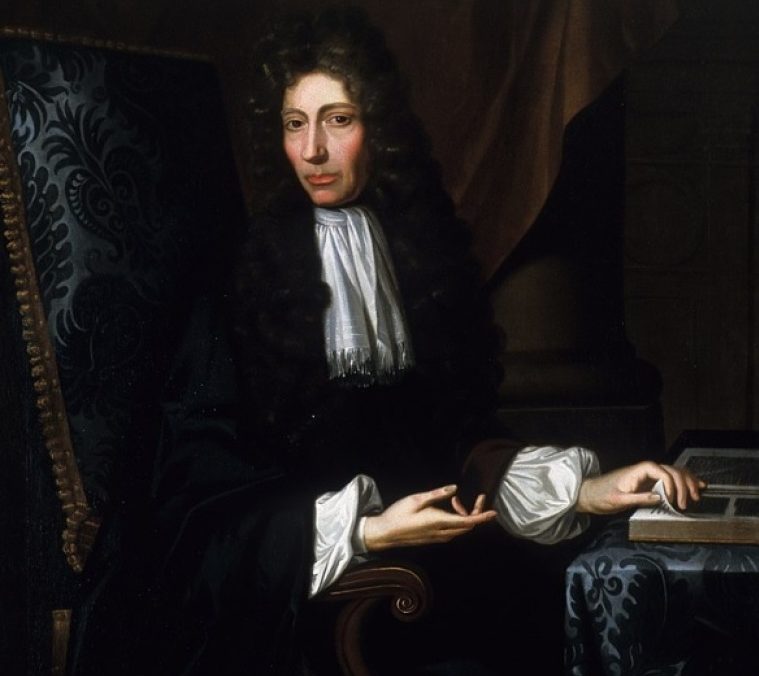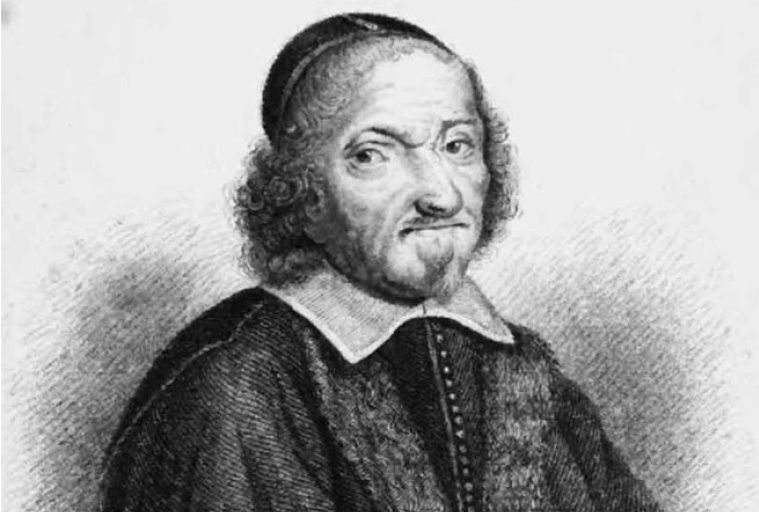Christianity is a faith with a long and detailed history, with numerous events of lasting significance occurring throughout the ages.
Each week brings the anniversaries of great milestones, horrid tragedies, amazing triumphs, telling tribulations, inspirational progress, and everything in between.
Here are just a few things that happened this week, Jan. 19-25, in Church history. They include the birth of a notable scientist and theologian, Pope Leo XIII issuing a warning against what he called “Americanism,” and the death of a prominent Bible translator.
This week marks the anniversary of when Bishop Miles Coverdale, a Protestant Reformation leader who helped William Tyndale translate the Bible into English, passed away. Ordained a priest in 1514 and later made an Augustinian friar at Cambridge, Coverdale came to support the Protestant Reformation and at one point had to flee England due to persecution.
“In 1529 he helped William Tyndale (q.v.) translate the Pentateuch in Hamburg and then apparently settled in Antwerp, where he translated the Bible,” explained Britannica.
“He later returned to England and took up the Reform cause, translating tracts and editing the Great Bible (1539). In 1540 Henry VIII’s religious policies forced him to flee, and he settled in Strasbourg. After Henry’s death he returned to England, supported the new Protestant religious line, and was made bishop of Exeter (1551).”

This week marks the anniversary of when Pope Leo XIII sent a letter Cardinal James Gibbons of Baltimore, Maryland, expressing concern over what he deemed “Americanism.” In his official message, Leo XIII denounced the idea of placing American cultural and social norms above church teaching, calling upon bishops in the United States to “repudiate and condemn it as being most injurious to themselves and to their country.” “The underlying principle of these new opinions is that, in order to more easily attract those who differ from her, the Church should shape her teachings more in accord with the spirit of the age and relax some of her ancient severity and make some concessions to new opinions,” wrote the pontiff. “It does not need many words, beloved son, to prove the falsity of these ideas if the nature and origin of the doctrine which the Church proposes are recalled to mind.”
For his part, Cardinal Gibbons delayed the publication of the letter, and wrote a response to Leo XIII that March, claiming that “Americanism” as it was described did not exist in the U.S. Church.
Gibbons also wrote to a friend, saying that he considered the papal letter “very discouraging” and felt it showed “that the American Church is not understood abroad.”

This week marks the anniversary of when Robert Boyle, a theologian considered by many to be the “Father of Chemistry,” was born in Lismore Castle, County Waterford, Ireland. A prolific intellectual, Boyle not only wrote extensively about chemistry, medicine, and natural history, and helped found the Royal Society of London, he also devoted a great deal of time to matters of Christian belief. “His prolific output also included Christian devotional and ethical essays and theological tracts on biblical language, the limits of reason, and the role of the natural philosopher as a Christian,” noted Britannica. “He sponsored many religious missions as well as the translation of the Scriptures into several languages.”

